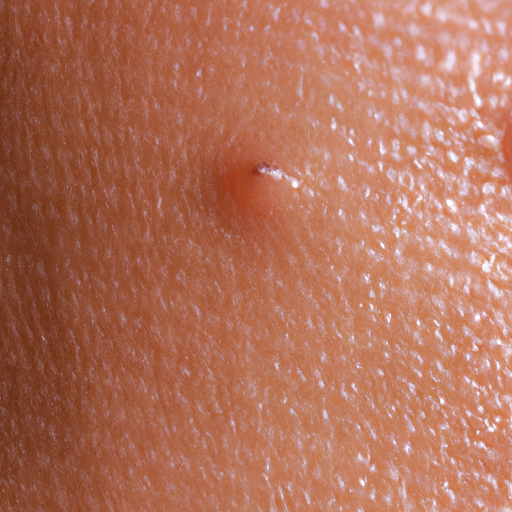As a dermatologist, I encounter countless patients who struggle with oily skin. The persistent shine, frequent breakouts, and enlarged pores can be frustrating and may affect one’s self-esteem. However, managing oily skin is possible with the right strategies. Here are seven proven methods to combat oily skin and banish the shine.
1. Regular Cleansing: The first step in managing oily skin is regular cleansing. Use a gentle, oil-free cleanser twice daily to remove excess oil and impurities without stripping your skin of its natural oils. Over-cleansing can cause the skin to produce more oil as a defense mechanism.
2. Use Oil-Free and Non-Comedogenic Products: Non-comedogenic products are specifically designed not to clog pores, which is crucial for oily skin types. Oil-free moisturizers and sunscreens can provide the necessary hydration and protection without adding extra oil to your skin.
3. Incorporate a Toner: A toner can help balance your skin’s pH levels and remove any residual oil or dirt left after cleansing. Look for toners with ingredients like witch hazel or salicylic acid, which can help control oil production.
4. Exfoliate Regularly: Exfoliating once or twice a week can help remove dead skin cells that can clog pores and lead to increased oil production and breakouts. However, be careful not to over-exfoliate as it can irritate the skin and trigger more oil production.
5. Stay Hydrated: Drinking plenty of water is beneficial for all skin types, including oily skin. Hydration helps maintain the health of your skin barrier, which can help regulate oil production.
6. Balanced Diet: Your diet plays a significant role in your skin’s health. Consuming excessive dairy products, refined carbohydrates, and sugary foods can stimulate oil production. Opt for a balanced diet rich in fruits, vegetables, lean proteins, and whole grains to keep your skin healthy.
7. Professional Treatments: If your oily skin persists despite your best efforts, it may be time to seek professional help. Dermatologists can offer treatments such as chemical peels, laser treatments, or prescription medications that can help manage oil production more effectively.
Remember, everyone’s skin is unique, and what works for one person may not work for another. It may take some trial and error to find the best routine for your skin. However, with patience and consistency, you can manage oily skin and achieve a healthier, more balanced complexion.
Finally, it’s important to note that having oily skin isn’t necessarily a bad thing. It can actually help keep your skin looking younger by naturally moisturizing it. The key is finding the right balance and understanding how to manage it effectively. So, banish the shine, not the glow!



